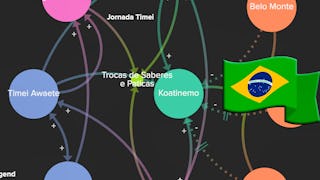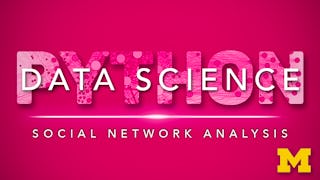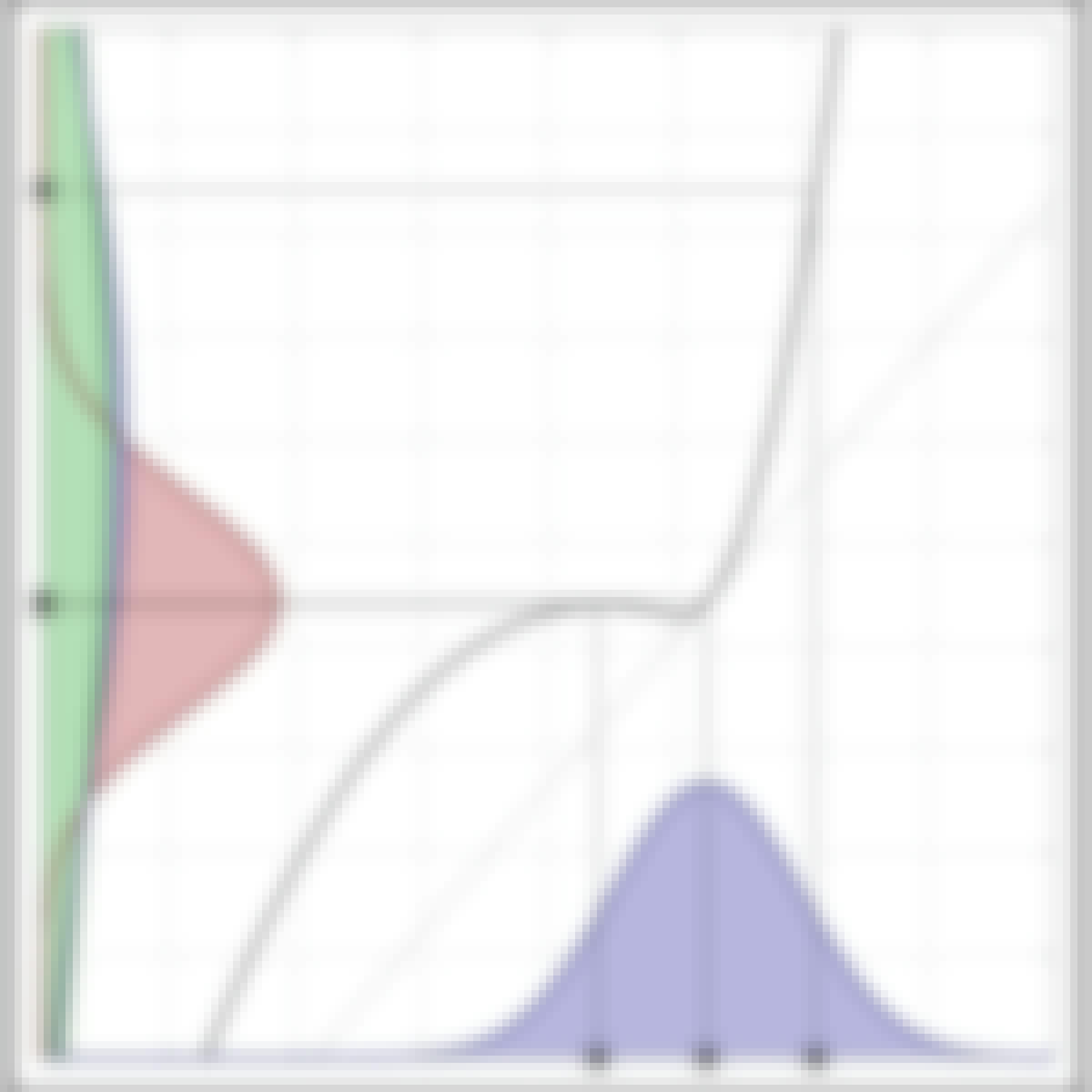Filter by
SubjectRequired
LanguageRequired
The language used throughout the course, in both instruction and assessments.
Learning ProductRequired
LevelRequired
DurationRequired
SkillsRequired
SubtitlesRequired
EducatorRequired
Explore the Vector Calculus Course Catalog
 Status: Free Trial
Status: Free TrialJohns Hopkins University
Skills you'll gain: Border Gateway Protocol, Malware Protection, Cybersecurity, TCP/IP, Internet Of Things, Network Security, Threat Detection, Network Monitoring, Network Routing, Network Analysis, Cyber Risk, Network Protocols, Vulnerability Assessments, Docker (Software)

Google Cloud
Skills you'll gain: Large Language Modeling, Artificial Intelligence, Artificial Intelligence and Machine Learning (AI/ML), Google Cloud Platform, Natural Language Processing, Application Programming Interface (API), Algorithms
 Status: Free Trial
Status: Free TrialJohns Hopkins University
Skills you'll gain: R Programming, Statistical Analysis, Statistical Methods, Combinatorics, Data Analysis, Probability, Probability Distribution, Probability & Statistics, Bayesian Statistics, Applied Mathematics, Data Science, Computational Thinking, Artificial Intelligence and Machine Learning (AI/ML), Simulations
 Status: Free
Status: FreeCoursera Project Network
Skills you'll gain: Interactive Data Visualization, Data Mapping, Network Analysis, Information Architecture

University of Michigan
Skills you'll gain: Network Analysis, Graph Theory, Predictive Analytics, Telecommunications, Pandas (Python Package), Matplotlib, Algorithms, Probability & Statistics, Data Manipulation
 Status: Free Trial
Status: Free TrialUniversity of Michigan
Skills you'll gain: Object Oriented Programming (OOP), Software Design, Technical Design, Data Structures, Visualization (Computer Graphics), Programming Principles, Computer Programming, Computer Graphics, Python Programming, Algorithms, Simulations

Skills you'll gain: OSI Models, Penetration Testing, TCP/IP, Vulnerability Scanning, Network Protocols, Network Security, Network Administration, Vulnerability Assessments, Firewall, Performance Tuning, Network Analysis, Scripting, System Configuration
 Status: Free Trial
Status: Free TrialJohns Hopkins University
Skills you'll gain: Data Ethics, Behavioral Economics, Analytics, Network Analysis, Game Design, Social Sciences, Sociology, Artificial Intelligence, Systems Thinking, Research, Usability, Data Collection, Machine Learning, Psychology

Skills you'll gain: Ansible, Vulnerability Scanning, Network Security, Penetration Testing, Cybersecurity, Configuration Management, System Configuration, Infrastructure Security, Network Monitoring, Vulnerability Assessments, Firewall, Linux Commands, Linux Servers, Servers, Command-Line Interface, TCP/IP, Network Analysis
 Status: Free
Status: FreeDeepLearning.AI
Skills you'll gain: Large Language Modeling, Security Testing, Threat Modeling, Application Security, Data Loss Prevention, Continuous Monitoring, Threat Detection, Security Controls, Prompt Engineering, System Monitoring, Personally Identifiable Information, Anomaly Detection, Generative AI, Data Security
 Status: Free Trial
Status: Free TrialUniversity of Colorado System
Skills you'll gain: Matlab, Estimation, Numerical Analysis, Performance Tuning, Mathematical Modeling, Control Systems, Simulation and Simulation Software, Derivatives, System Implementation, Calculus, Computer Programming Tools

Pontificia Universidad Católica de Chile
Skills you'll gain: Engineering Analysis, Engineering Calculations, Numerical Analysis, Finite Element Methods, Chemical Engineering, Simulation and Simulation Software, Differential Equations, Applied Mathematics, Mathematical Software, Engineering, NumPy, Mathematical Modeling, Calculus, Python Programming, Plot (Graphics), Computer Programming, Algorithms
Vector Calculus learners also search
In summary, here are 10 of our most popular vector calculus courses
- Cybersecurity Foundations: Threats Networks, and IoT Protection: Johns Hopkins University
- Vector Search and Embeddings - 繁體中文: Google Cloud
- Foundations of Probability and Random Variables: Johns Hopkins University
- Introdução a Mapas de Relação com Kumu: Coursera Project Network
- 파이썬의 응용 소셜 네트워크 분석: University of Michigan
- Data Structures for Designers Using Python: University of Michigan
- Nmap for Penetration Testing: From Beginner to Advanced: Packt
- Introduction to Social Computing: Johns Hopkins University
- Getting Started in Port Scanning Using Nmap and Kali Linux: Packt
- Quality and Safety for LLM Applications: DeepLearning.AI










